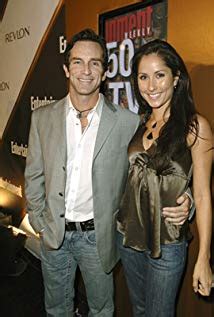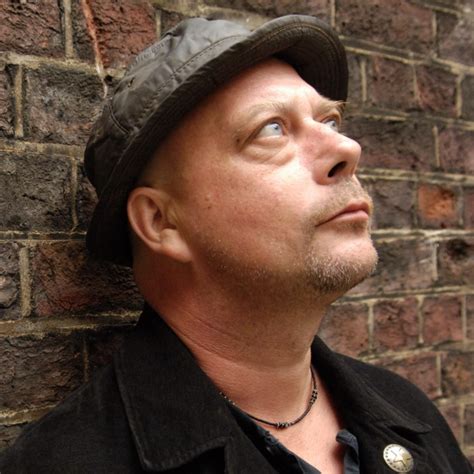A Quote by Julie Berry
I always want readers to lose themselves completely in a story and feel something, whatever the book invites them to feel. That experience is the best takeaway any book can offer.
Related Quotes
To me a good book is like a quiet friend—a friend who’s happy to share thoughts and feelings with you, who’s always there when you need them. Best of all, this friend doesn’t have any secrets. They trust you to understand them. They take you to their innermost places. They share their sensations and emotions—and they let you experience them. Wherever you go and however you feel, they are always by your side. For an hour, a day, a week, or forever, their life becomes yours. Their story is your story. That’s the kind of book I’m trying to write.
A reader is entitled to believe what he or she believes is consonant with the facts of the book. It is not unusual that readers take away something that is spiritually at variance from what I myself experienced. That's not to say readers make up the book they want. We all have to agree on the facts. But readers bring their histories and all sets of longings. A book will pluck the strings of those longings differently among different readers.
I want my books to exist in the literary world, not only in the art world. I am interested in having a dialogue with other writers, and the readers of those writers. Someone who is reading a book of mine might not have visited my exhibitions related to it, but can still have a full, literary experience with that book. This would be a completely different experience from stepping into the show, not having read the book. One form is not illustrative of the other.
Some readers sort of suspect that you have another book that you didn't publish that has even more information in it. I think that readers sort of want to be taught something. They have this idea that there's a takeaway from a novel rather than just the being there, which I think is the great, great pleasure of reading.
A book is something that young readers can experience on their own time. They decide when to turn the page. They'll put their arm right on the page so you can't turn it because they're not ready to go to the next page yet. They just want to look at it again, or they want to read the book over and over because they really enjoy setting the pace themselves.
E-readers are uninspired. They're slabs of plastic with fiddly controls and display a badly-formatted, typographically impoverished rendering of a paper book. That's not the electronic book I want. I want a gorgeous physical object, with paper pages, that can transform into any story I choose, perfectly presented on the page.
What readers ask nowadays in a book is that it should improve, instruct and elevate. This book wouldn't elevate a cow. I cannot conscientiously recommend it for any useful purposes whatever. All I can suggest is that when you get tired of reading "the best hundred books," you may take this for half an hour. It will be a change.
No matter what as an artist that's always what you want to do, you want to connect to the audience, you want to be able to send whatever message it is that you're singing about, you want to be able to convey that - and not make them feel - you want them to feel it, you want them to feel what you feel.
The short story is so much about inevitability and this feeling that things always had to be this one way, and I wanted the apocalypses to blow that idea apart. I hope it feels that way. I hope the book invites people to read the stories in order and then, if they feel like it, maybe not read them in order the next time.
Well, we think that time "passes," flows past us, but what if it is we who move forward, from past to future, always discovering the new? It would be a little like reading a book, you see. The book is all there, all at once, between its covers. But if you want to read the story and understand it, you must begin with the first page, and go forward, always in order. So the universe would be a very great book, and we would be very small readers.




































